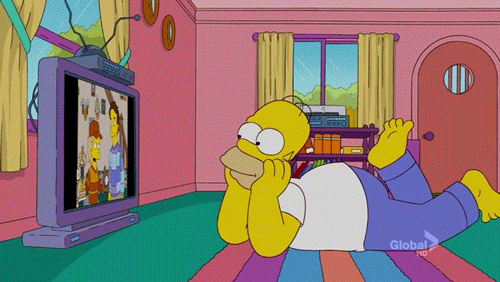Absolutely! Having seen the film I can attest to it being a fantastic essay. Wondering though, why read just before watching instead of after?
From the initial paragraphs, I stole a peek at, along with a few cursory glances throughout, it appears to have some amazing insight into Kurosawa's mindset when creating it.
For example: "
For Kurosawa, the only thing worse than disgrace and humiliation was to profit from it. Yakuza gangs thrived in this postwar atmosphere,".
It highlights various subtleties, nuances, and perceptions that would enhance my viewing experience/enjoyment that I would have been ignorant of if I had waited for afterward, thereby waiting for a return visit to appreciate said knowledge.
Some films are exceptional going in utterly blind. Some movies need assistance in understanding the "purpose/focus" of a filmmaker.
And some, without spoiling anything that is already understood, "basic story points" delves deeper, and thus, allow a more profound appreciation beyond the "basic story development/cinematic endeavors."
I had a similar pleasure when I watched a short bio of Renoir and, specifically, the film
La Grande Illusion when I first watched it. It gave me a tremendous appreciation of the Classes' unique relationships and the civility extended to prisoners during World War One. (Something I was completely unaware of.)



